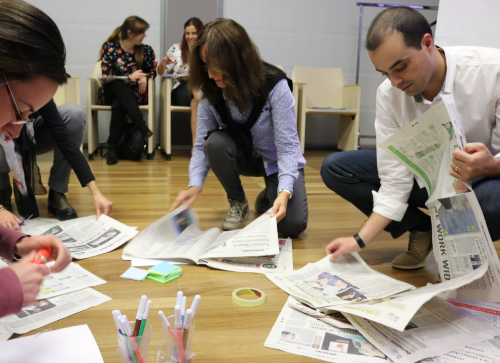Recognizing your learning style can make a big difference in how effectively you absorb and retain information in college. Every student has unique preferences for how they process knowledge, and understanding these preferences can lead to better study strategies, improved academic performance, and a more enjoyable learning experience.
What Are Learning Styles?
Learning styles refer to the different ways individuals prefer to learn and engage with material. Common types include visual, auditory, reading/writing, and kinesthetic learners—often abbreviated as VARK. Some students may favor one style, while others benefit from a mix.
Visual Learners
Visual learners understand best through images, diagrams, charts, and videos. If you find that seeing a concept drawn out helps you remember it, you might benefit from using mind maps, color-coded notes, and visual aids during study sessions.
Auditory Learners
These students learn most effectively by listening. Lectures, group discussions, and audiobooks are helpful tools. Reading aloud or using voice recording apps can also reinforce learning for auditory types.
Reading/Writing Learners
These learners prefer interacting with written words. They retain information through reading, note-taking, and written exercises. Traditional study methods such as rewriting notes or reading textbooks can be particularly effective.
Kinesthetic Learners
Hands-on activities and real-life applications work best for kinesthetic learners. Lab experiments, role-playing, and interactive learning tools allow them to grasp concepts through experience and movement.
Adapting Study Habits to Your Style
Once you identify your learning preferences, you can adjust how you study. Choose techniques and tools that match your style, but don’t be afraid to blend methods. Using a combination of strategies often leads to deeper understanding and flexibility in various learning environments.
Communicating with Instructors
Letting your professors know how you learn best can help them provide resources or suggestions. Many are open to offering alternative formats or additional support if they understand your needs.
Final Thoughts
College is a time of exploration and growth, and understanding your learning style is a valuable part of that journey. By embracing the methods that work best for you—and staying open to new approaches—you can make the most of your academic experience and become a more confident, effective learner.














